WFWPI Champions Women and Family at CSW63
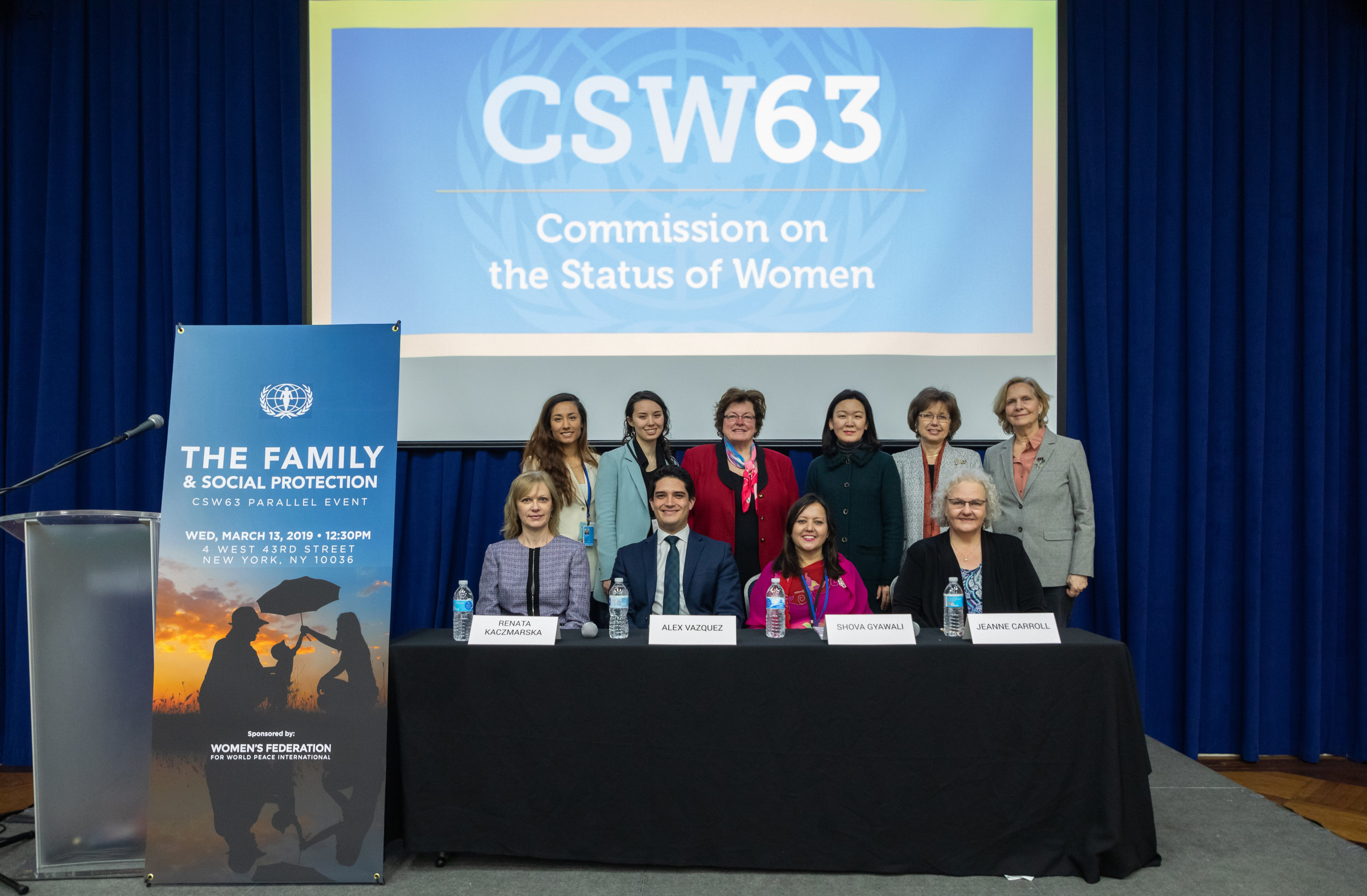
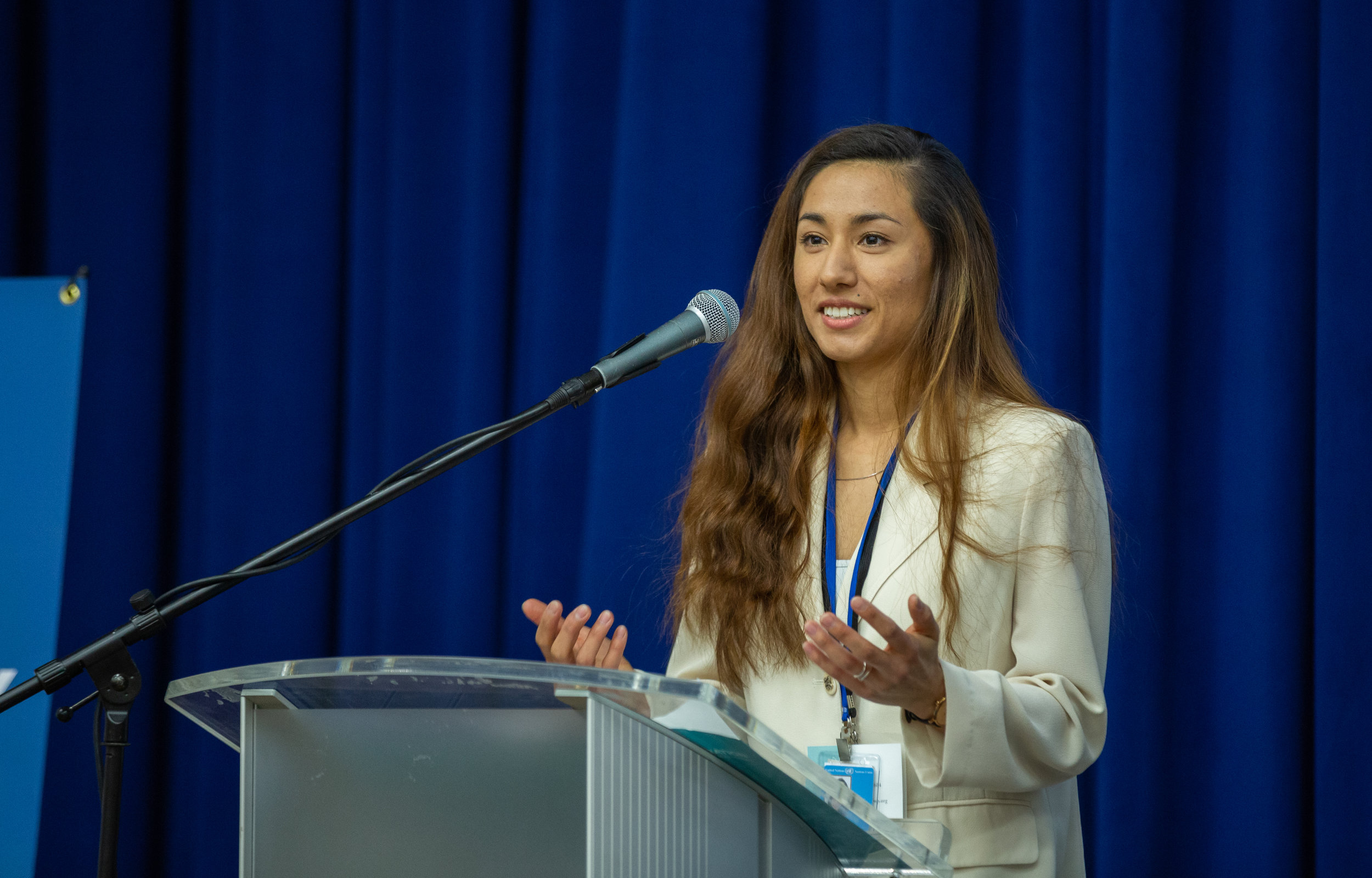
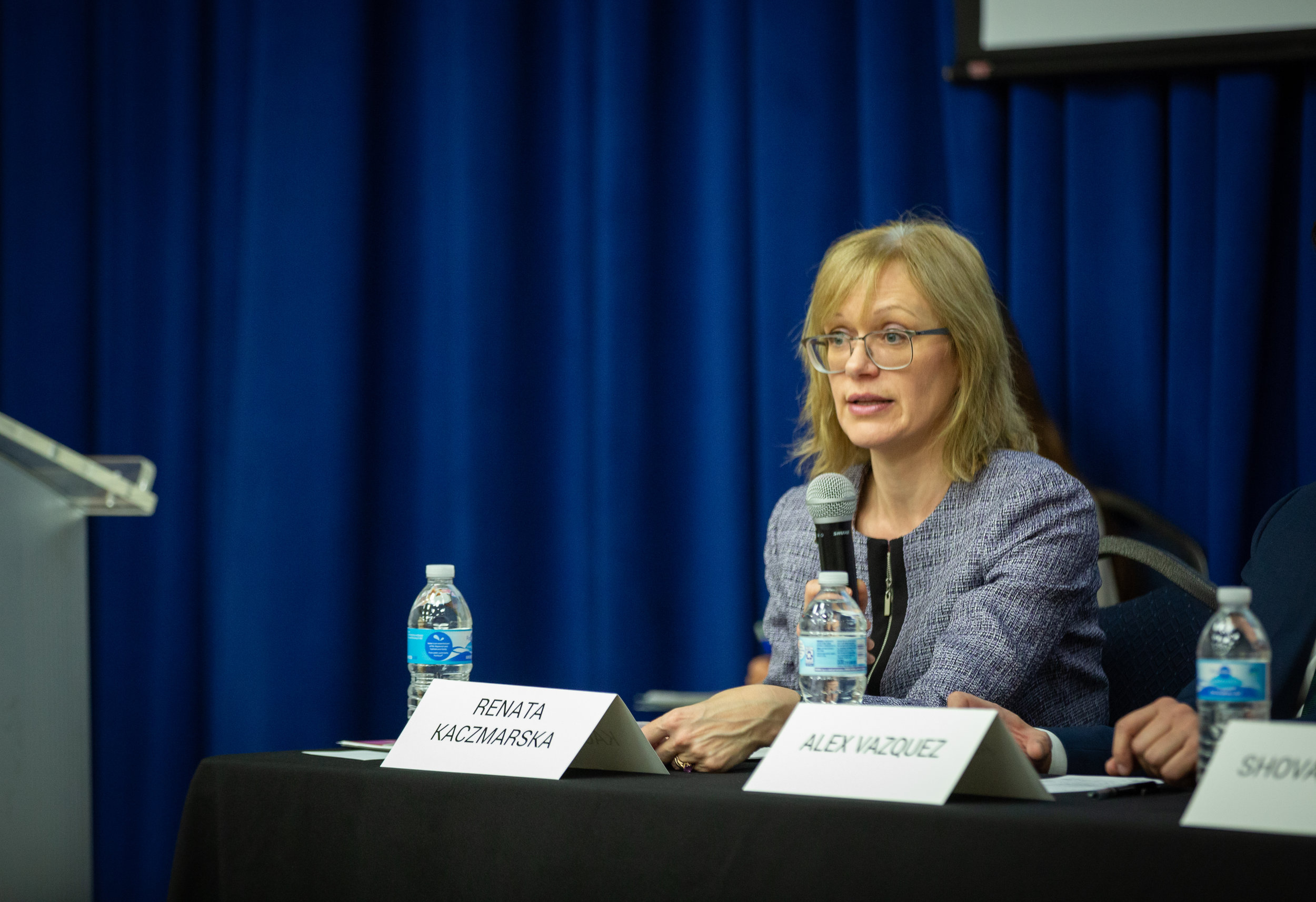
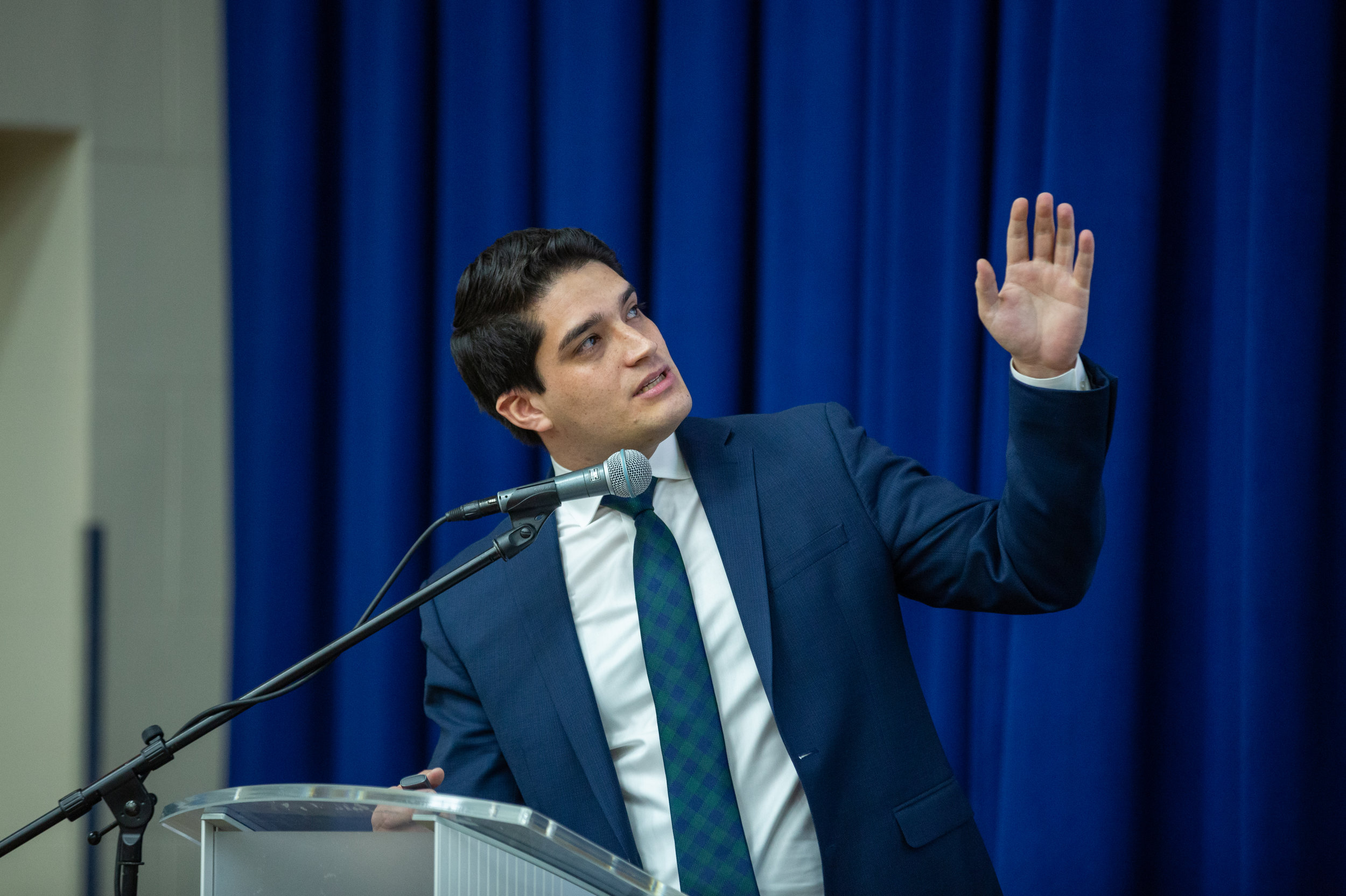
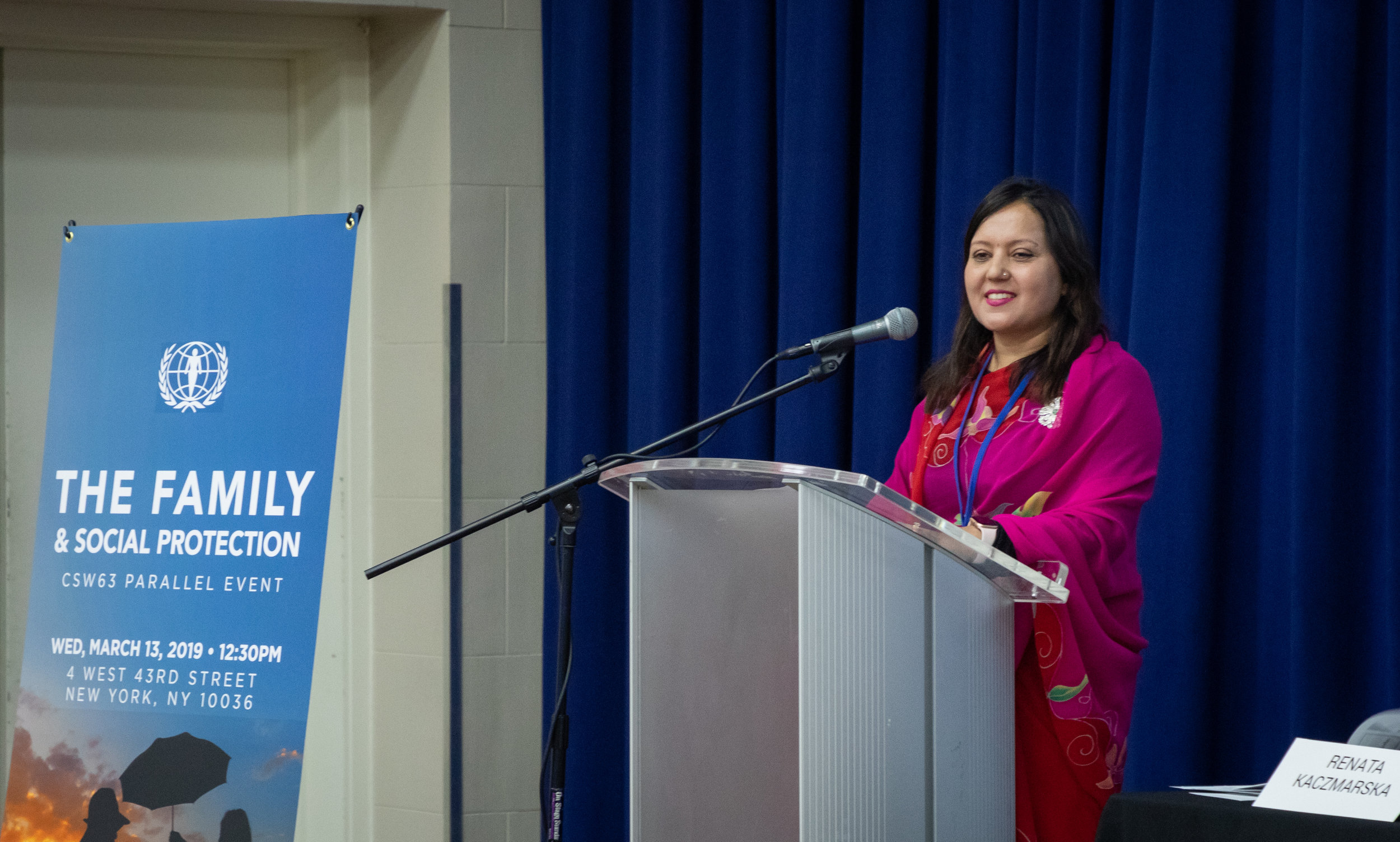
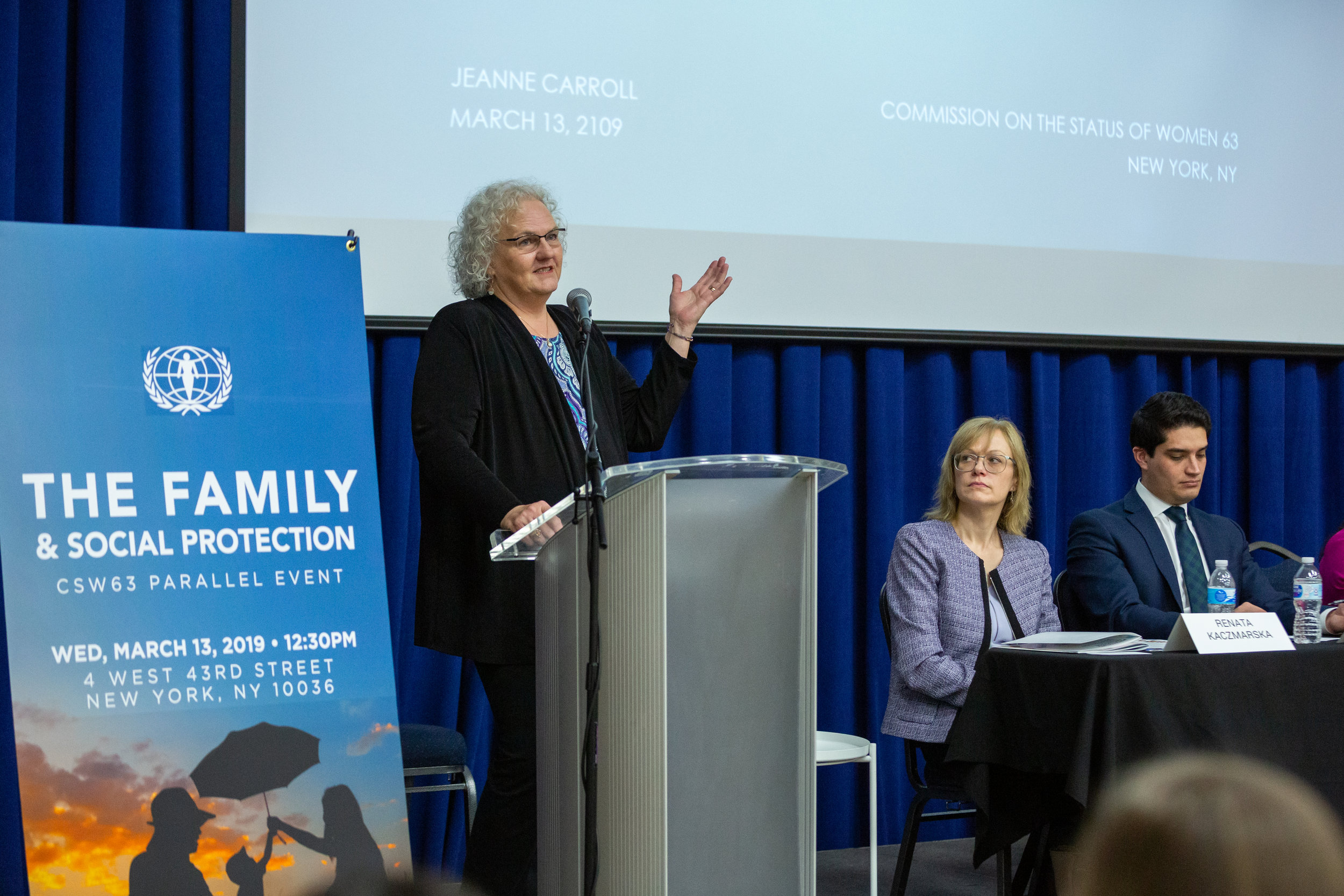
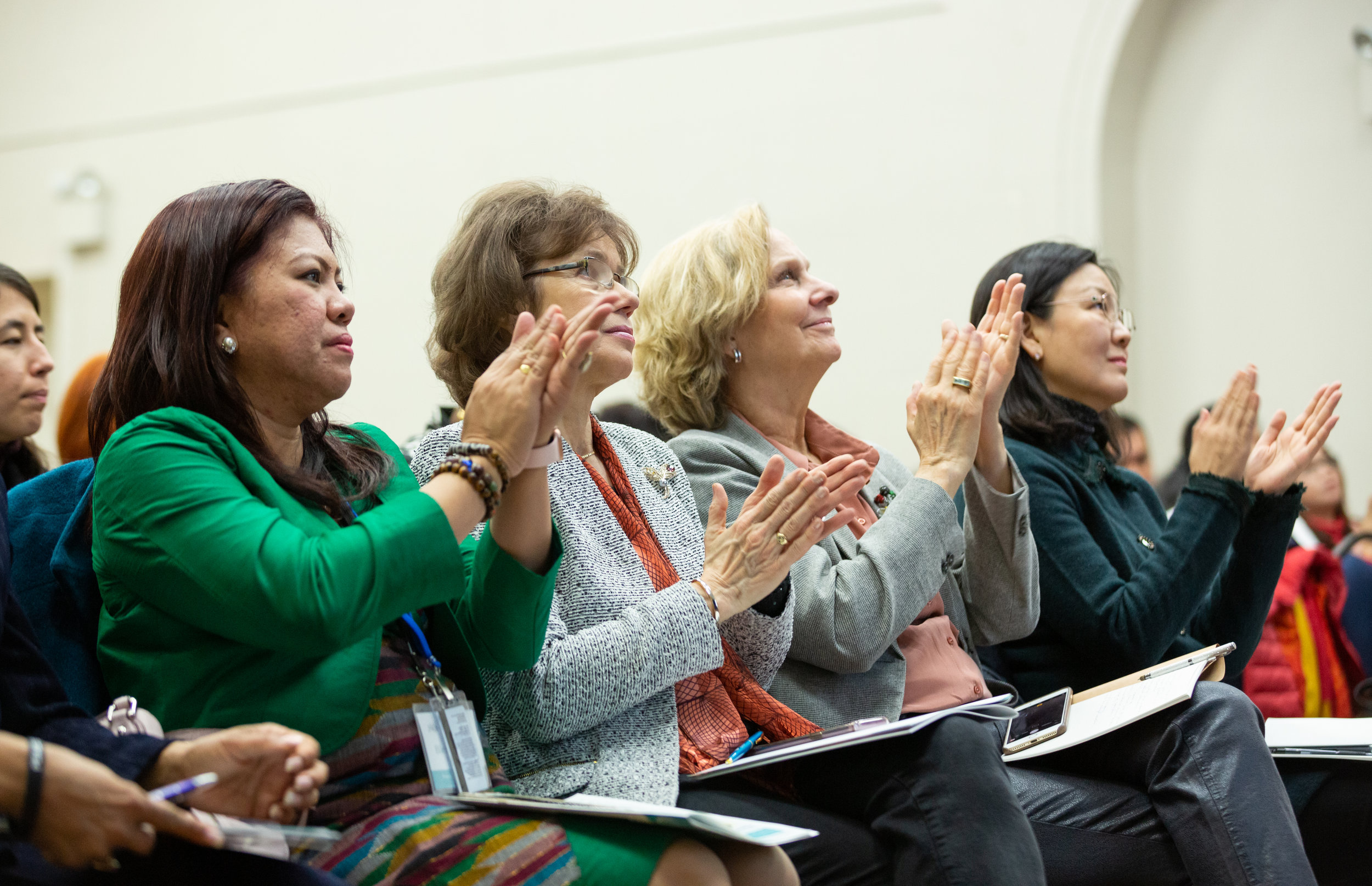
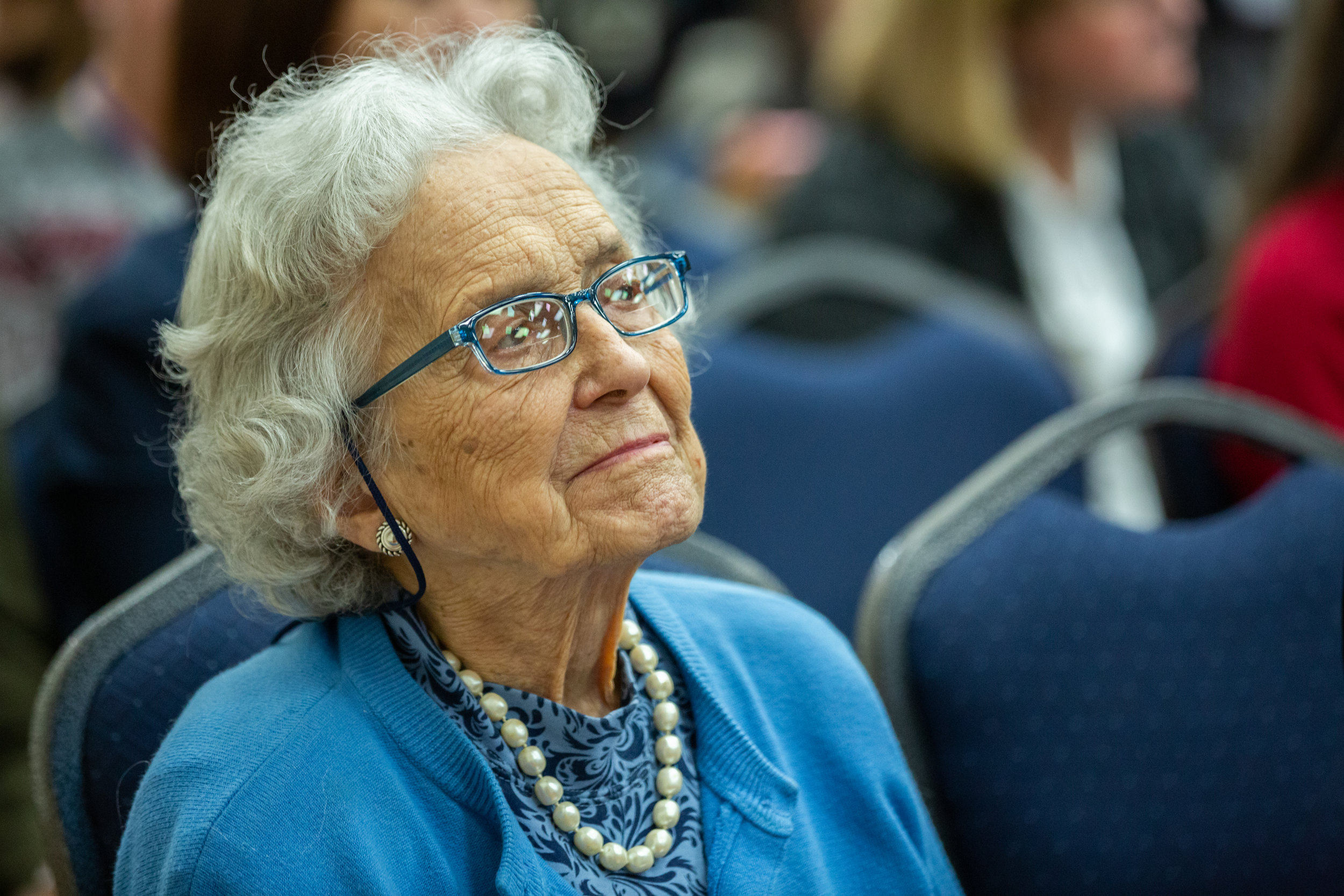
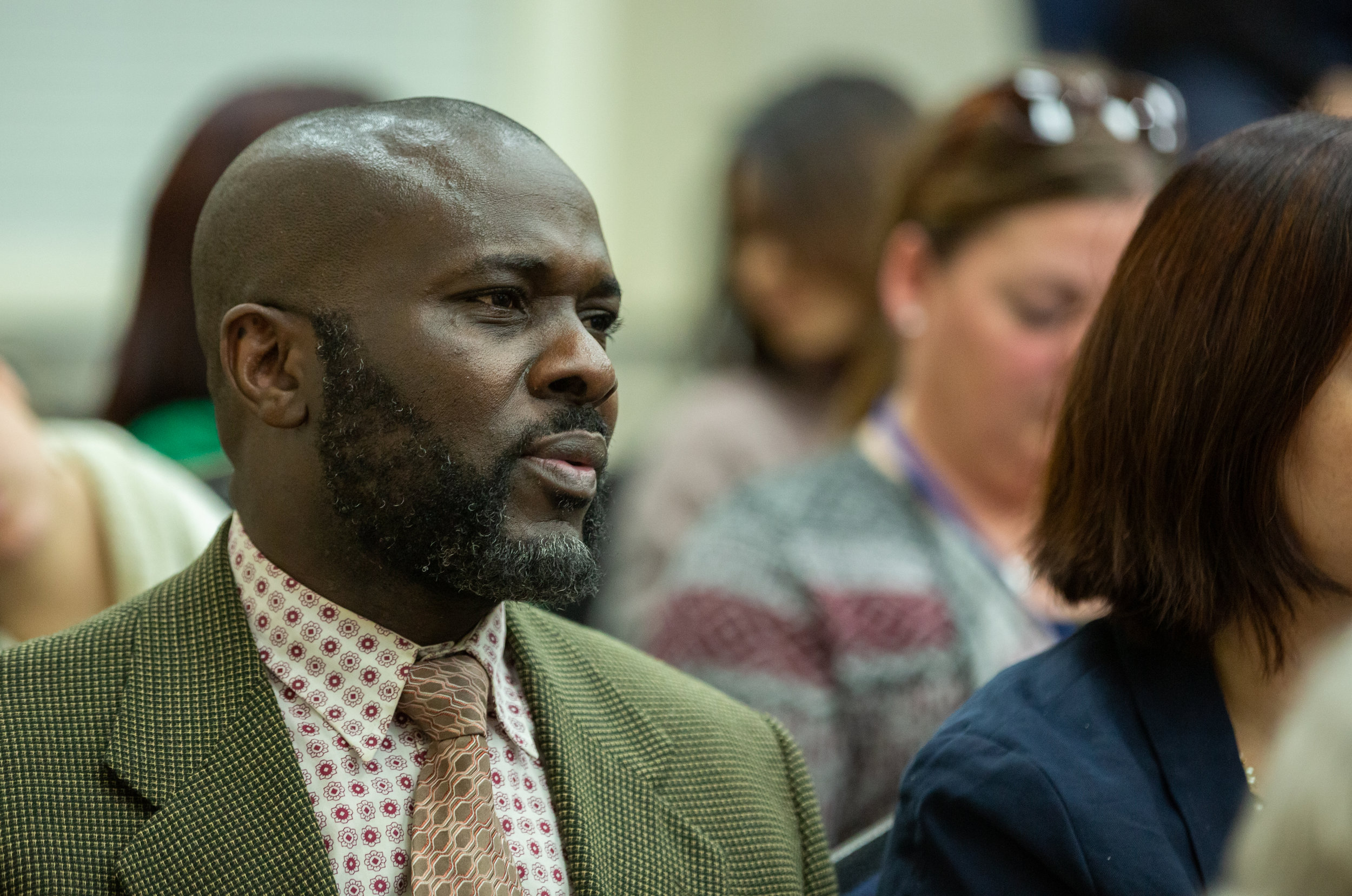
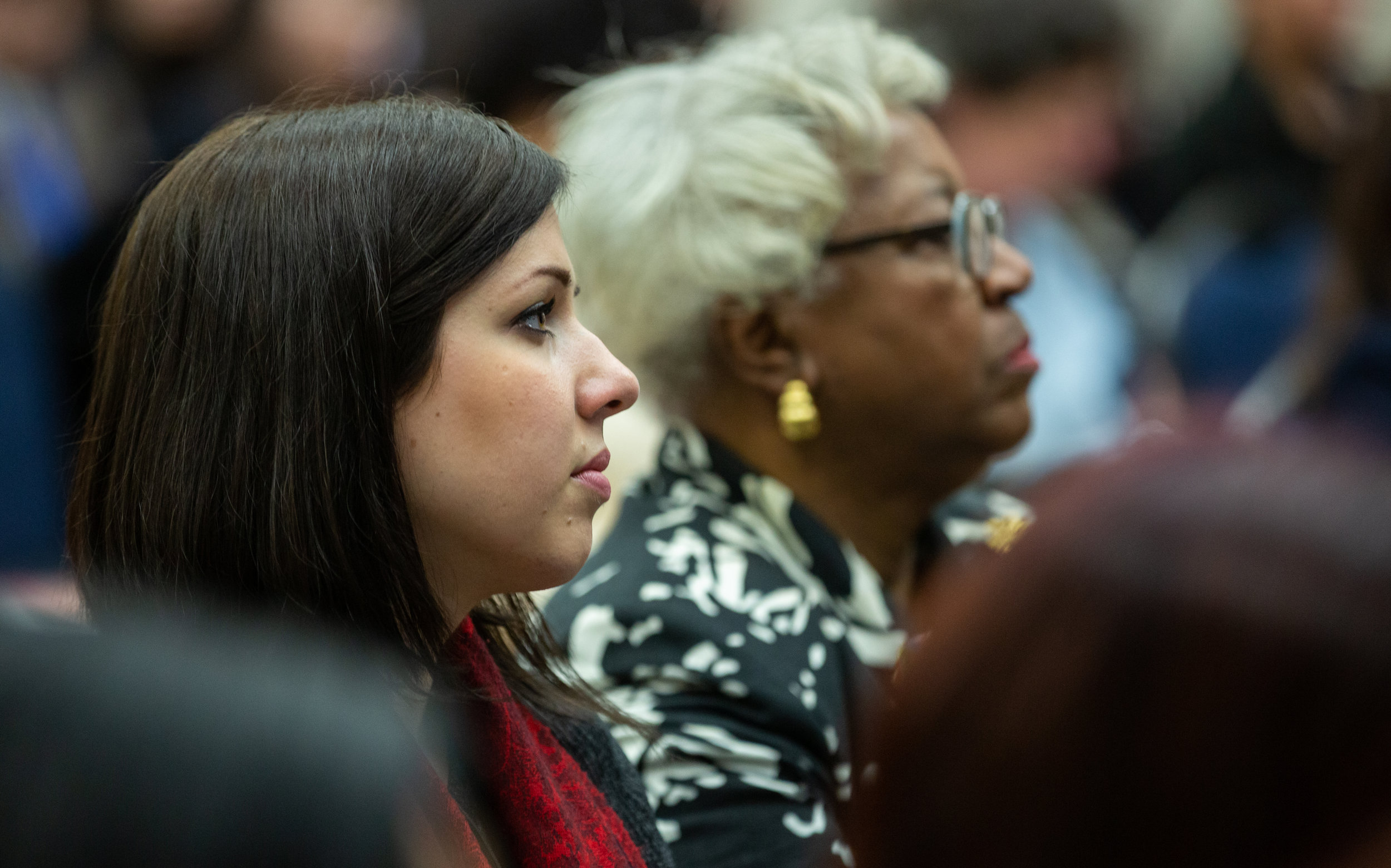
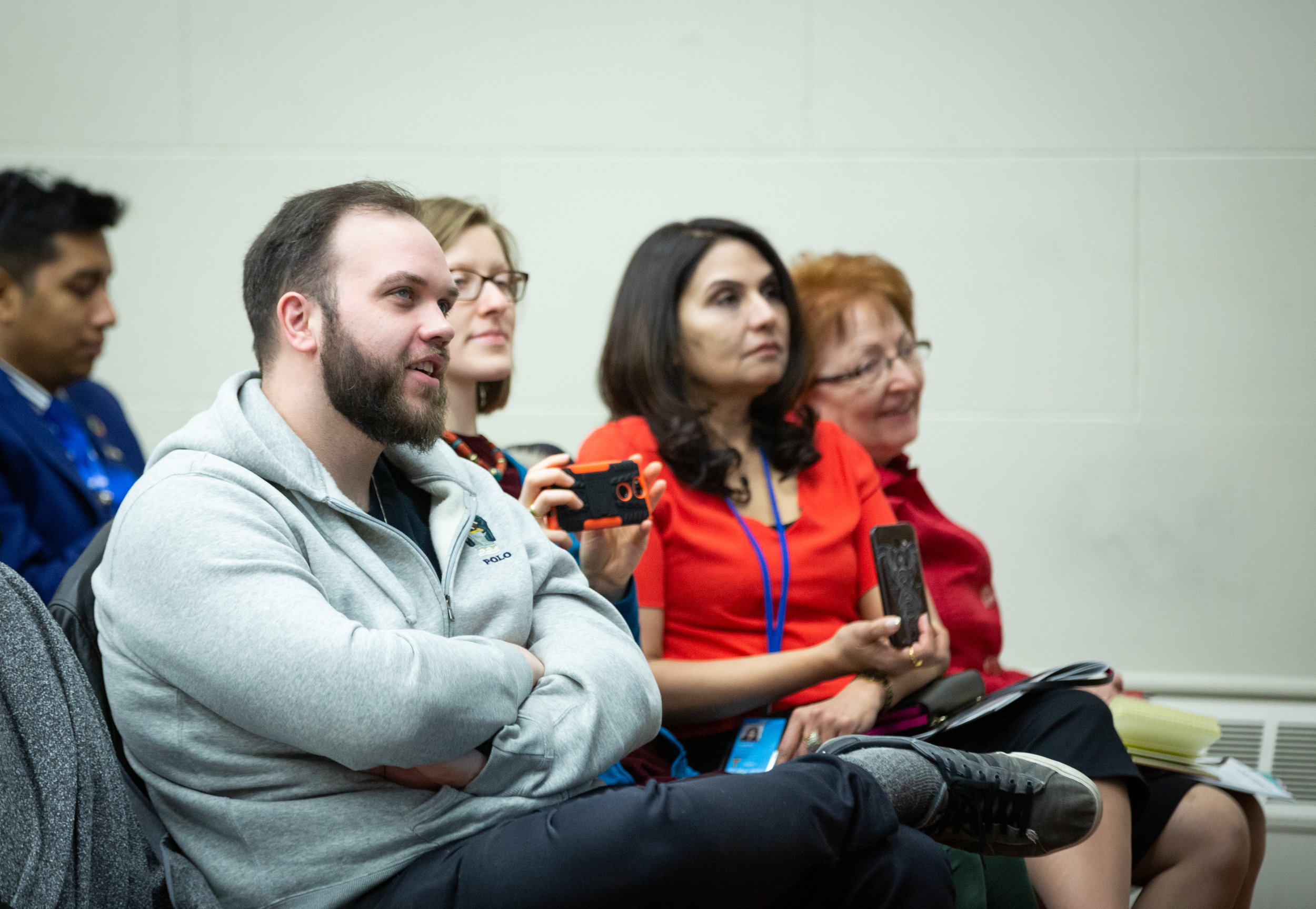
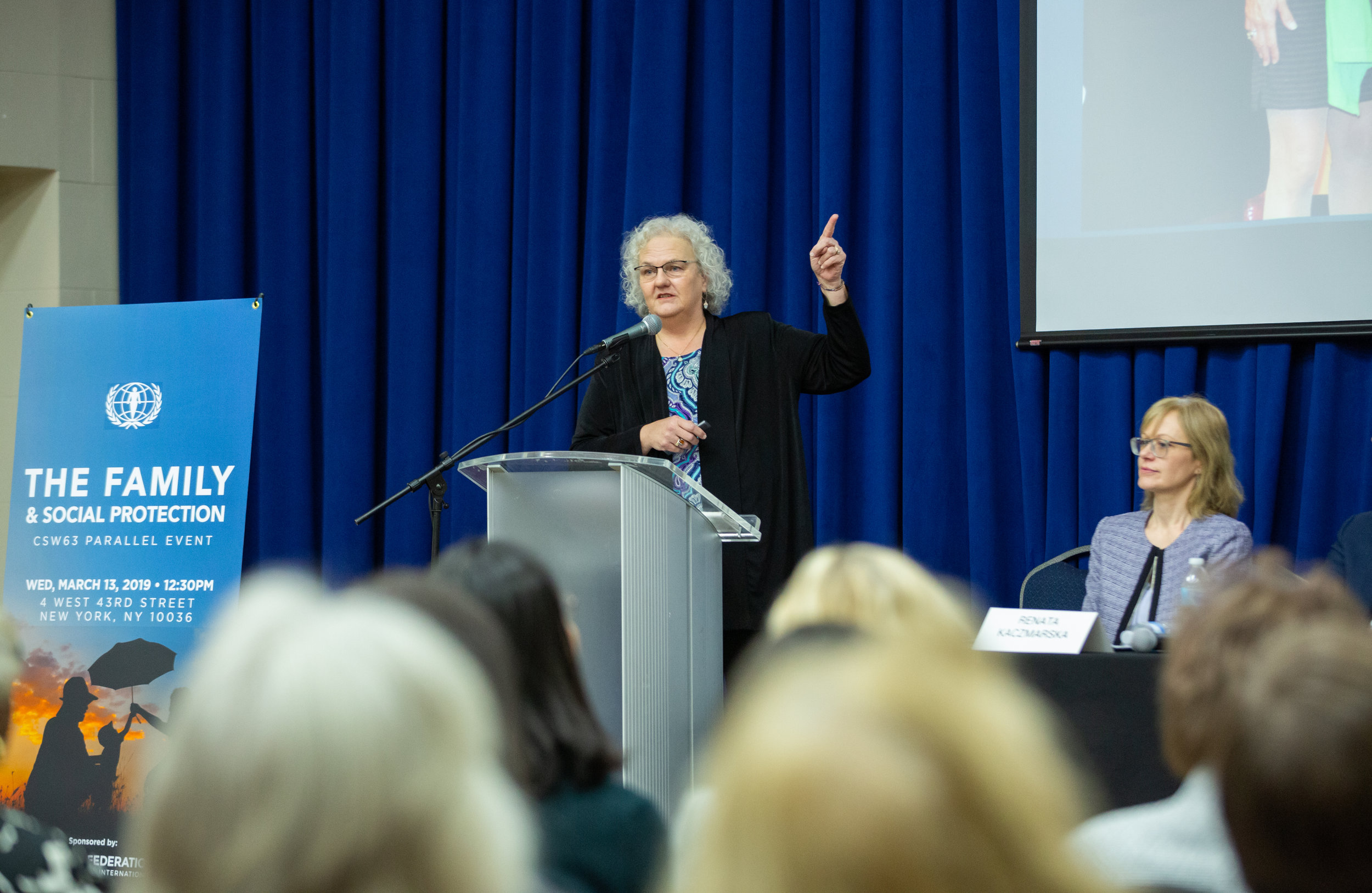
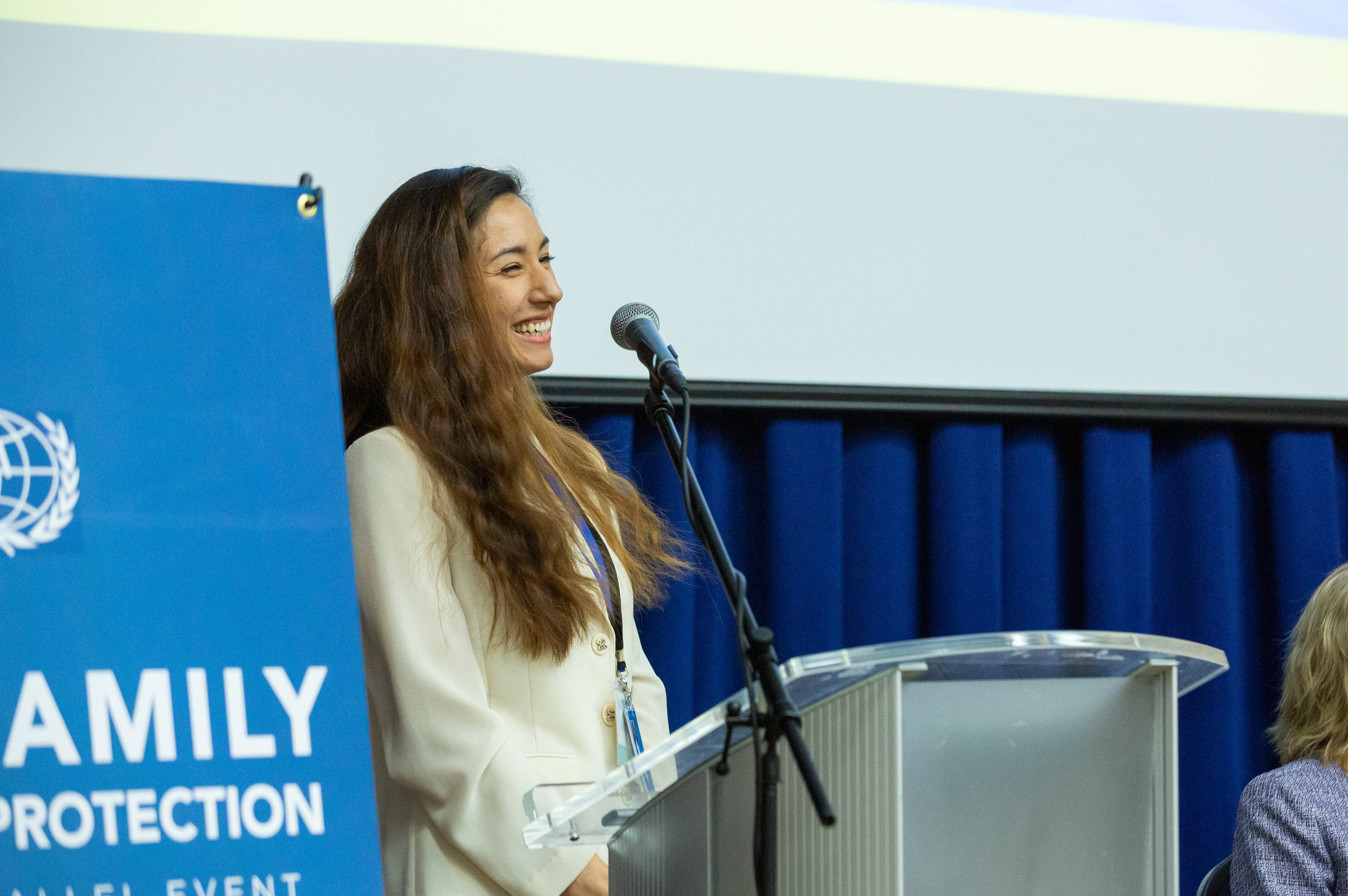
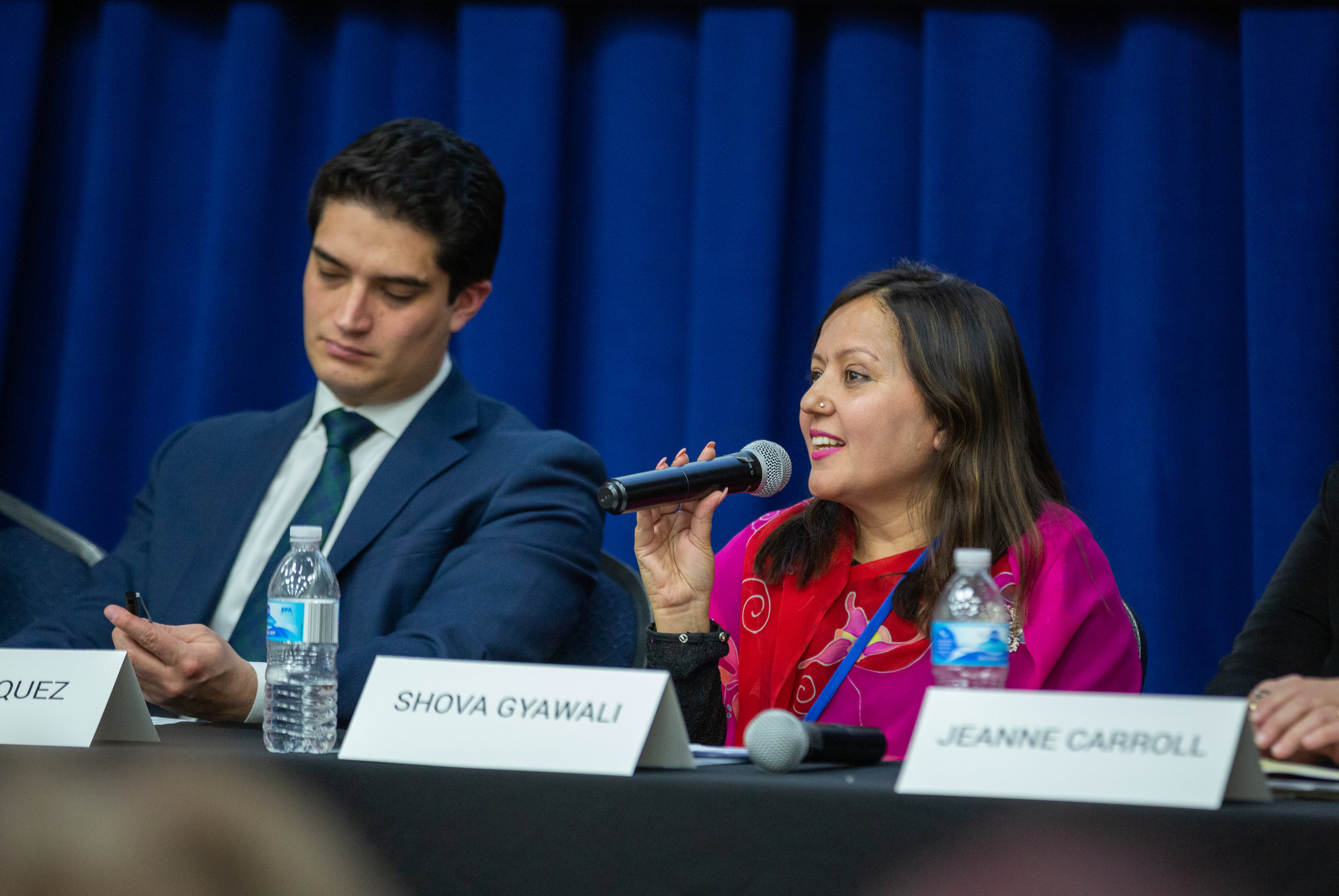
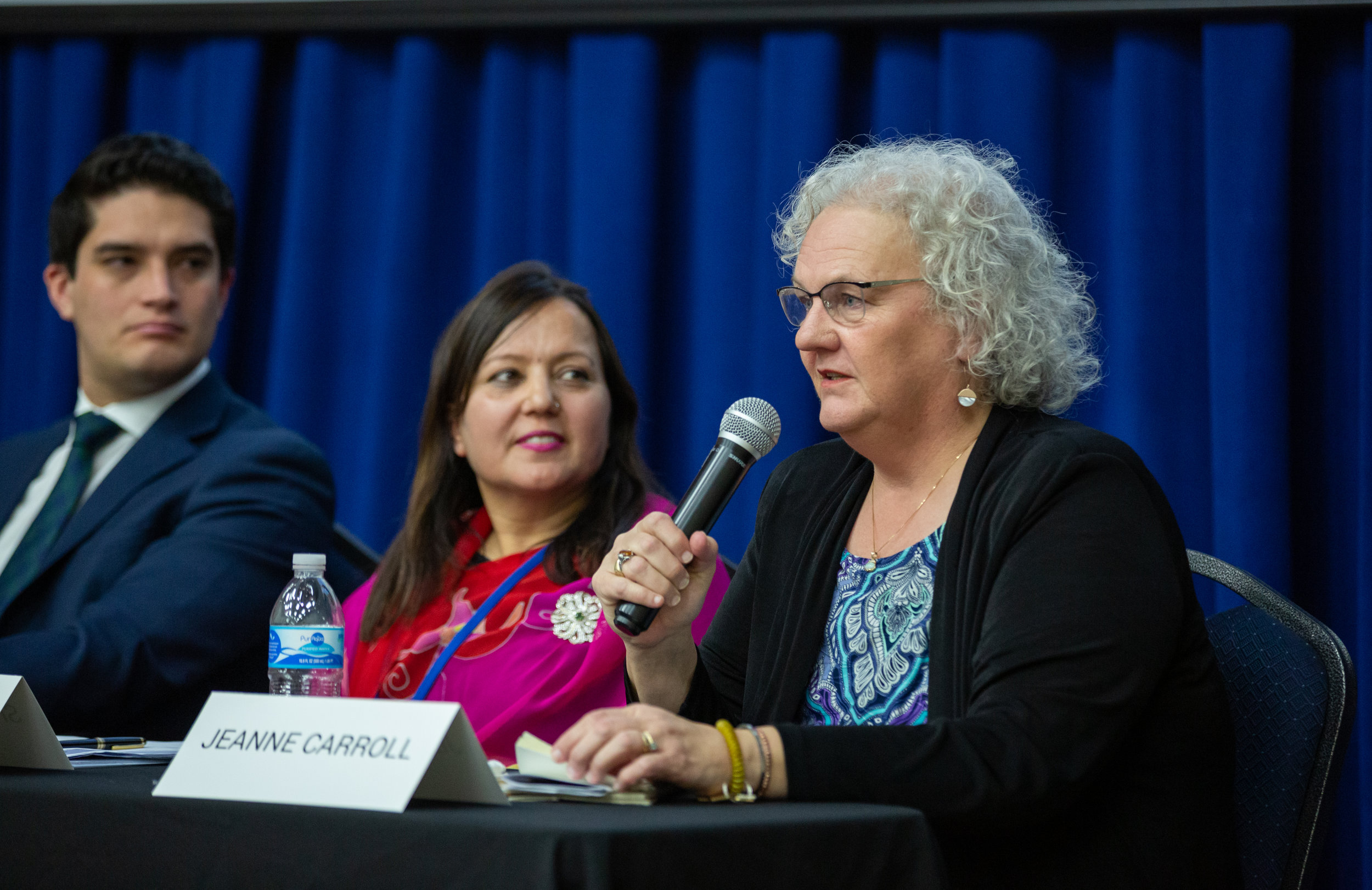
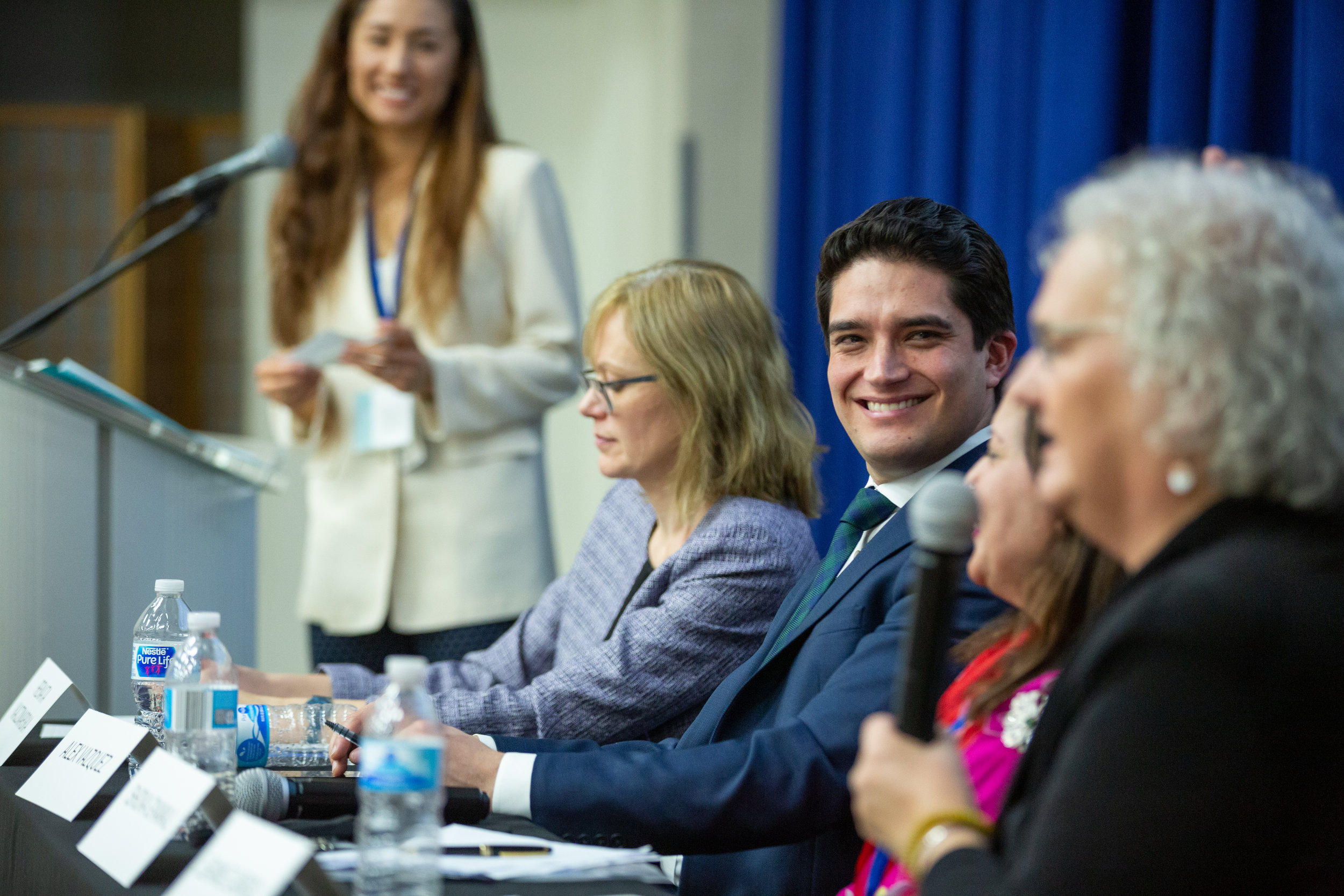
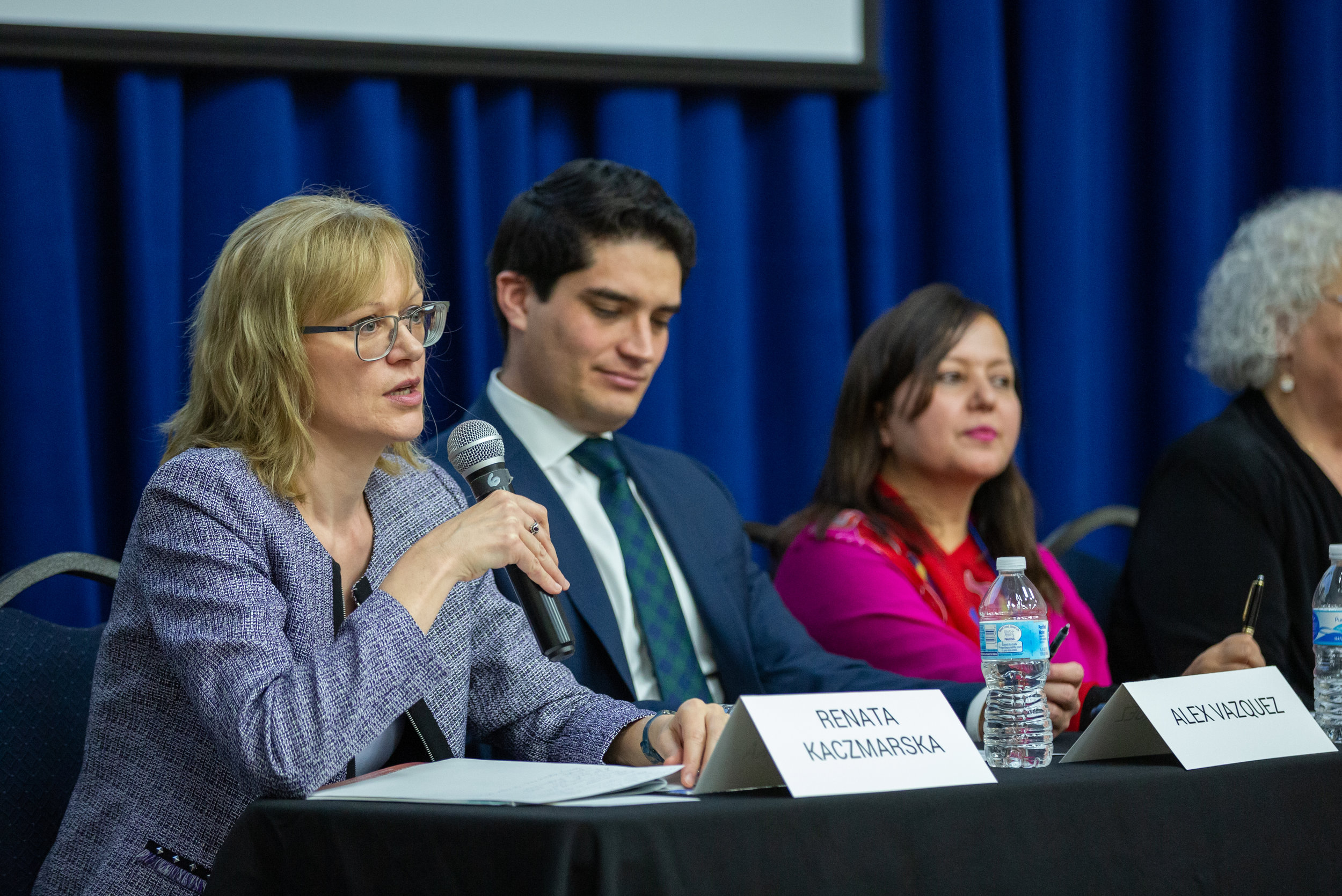
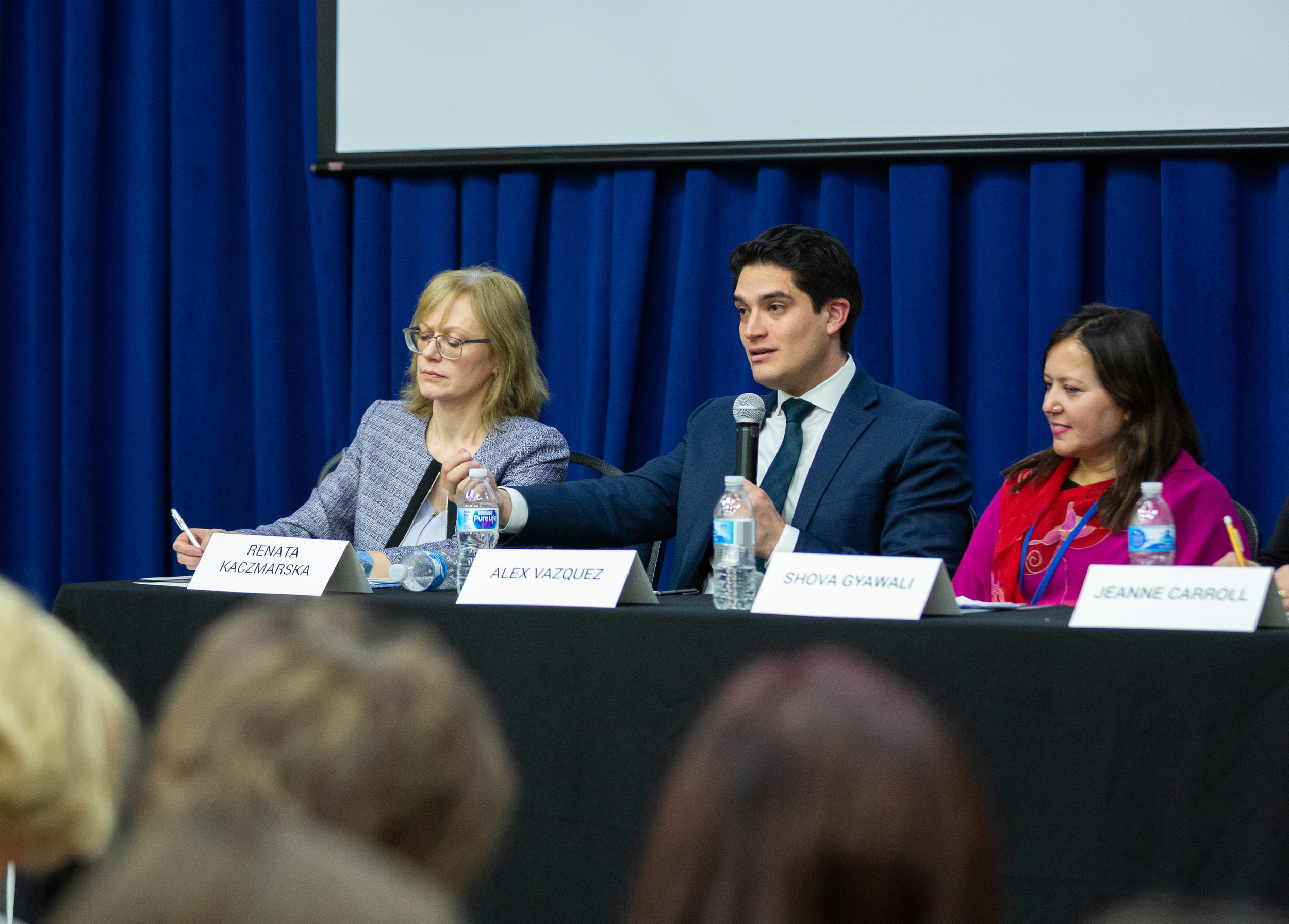
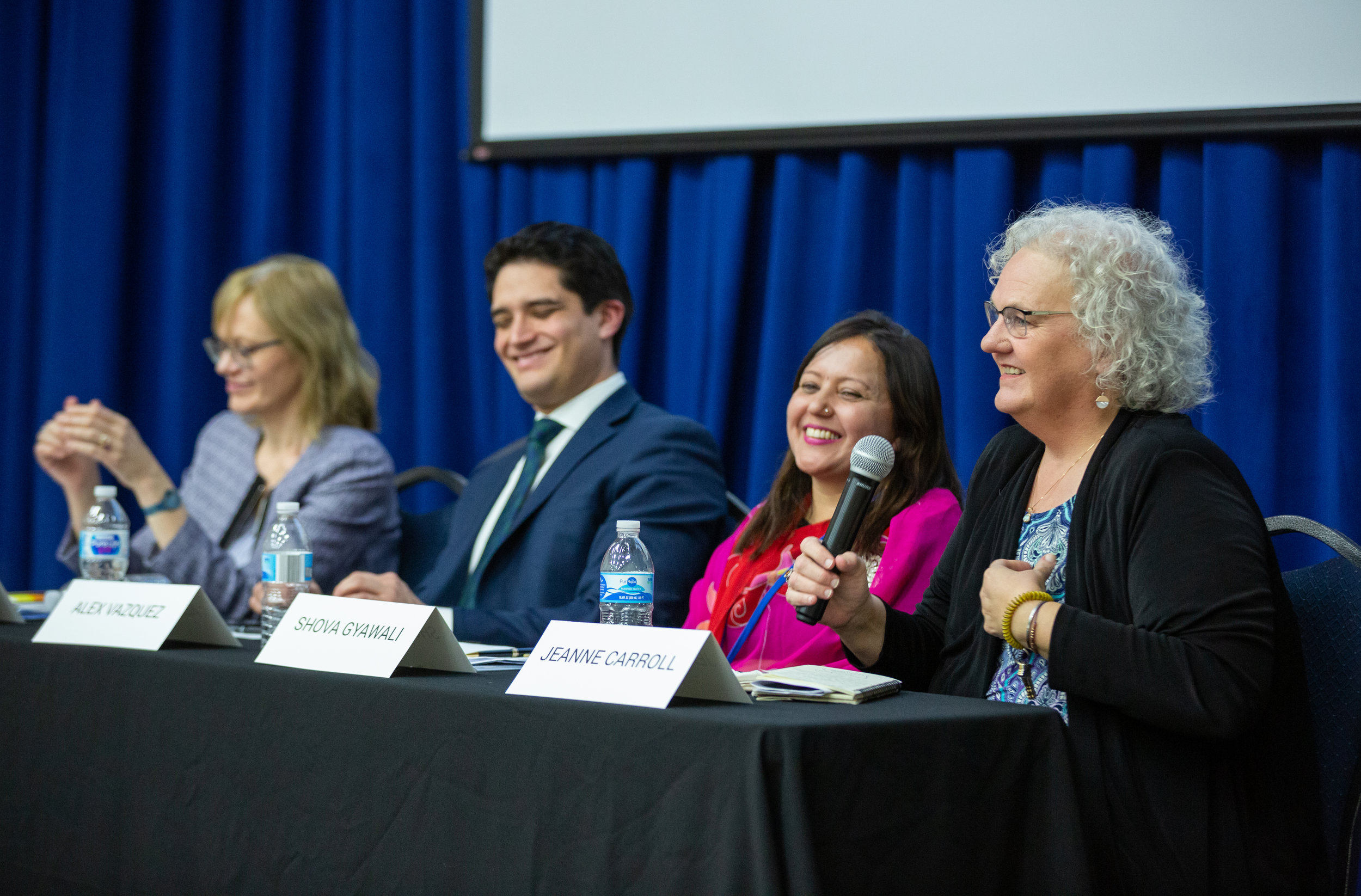
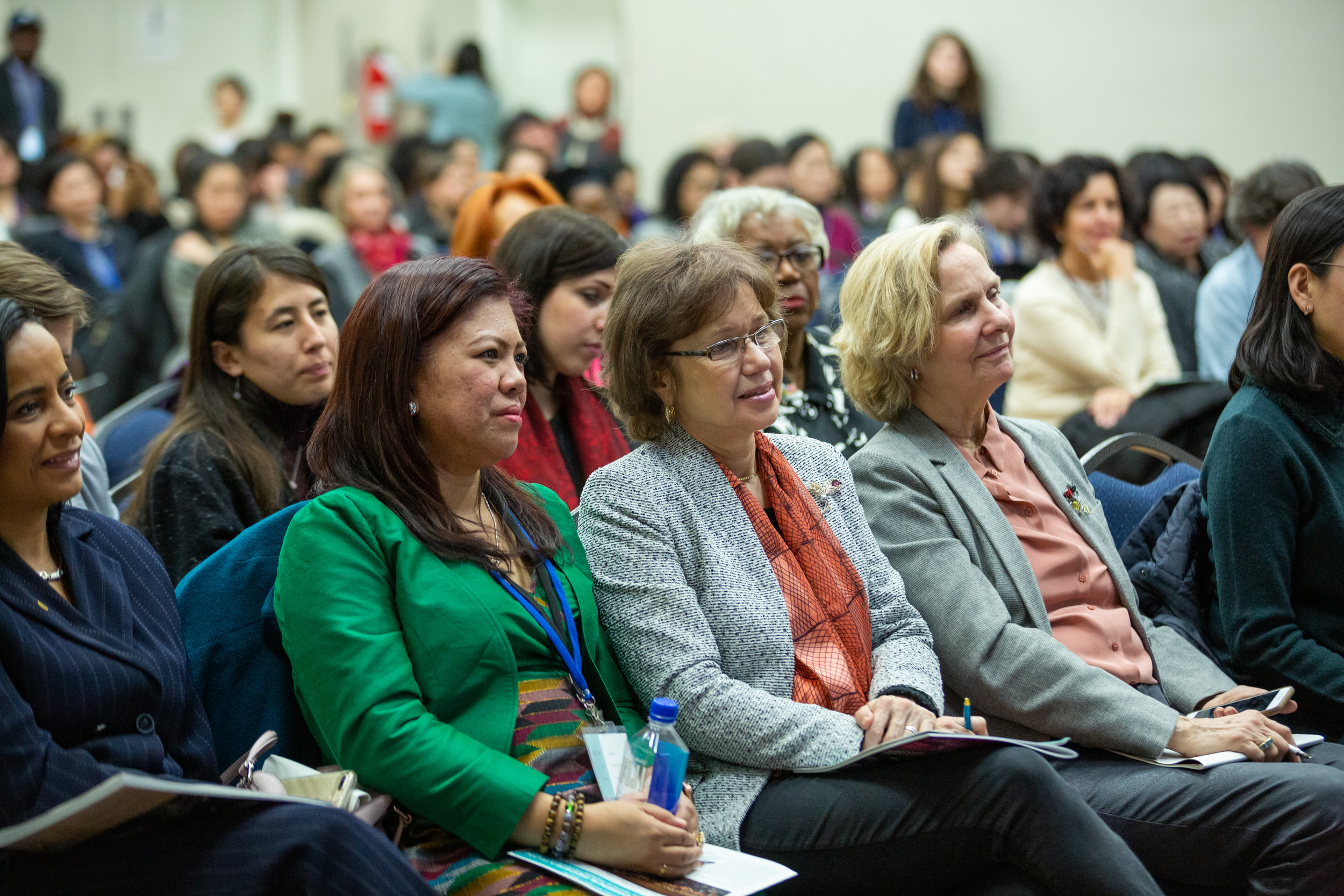
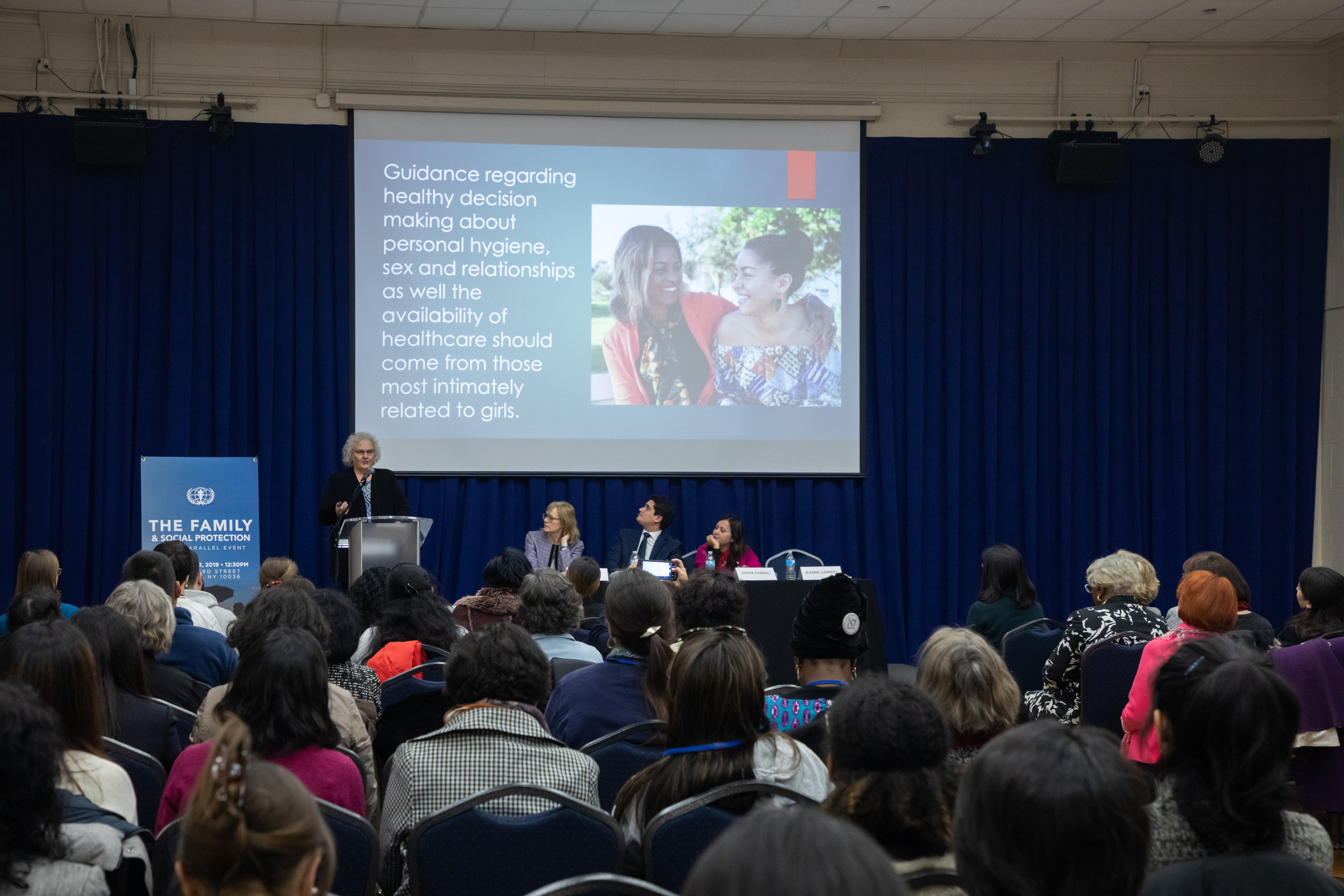
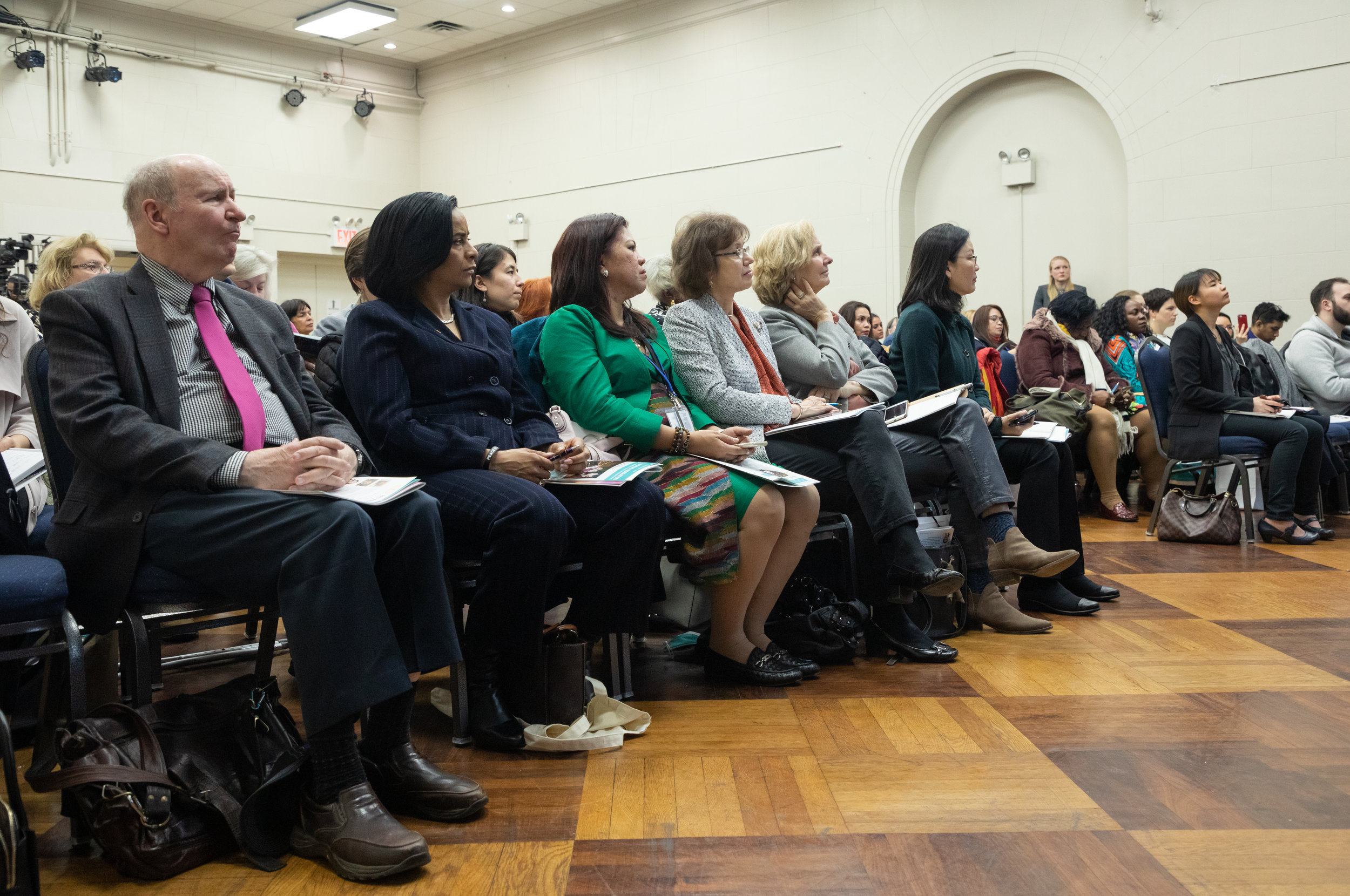
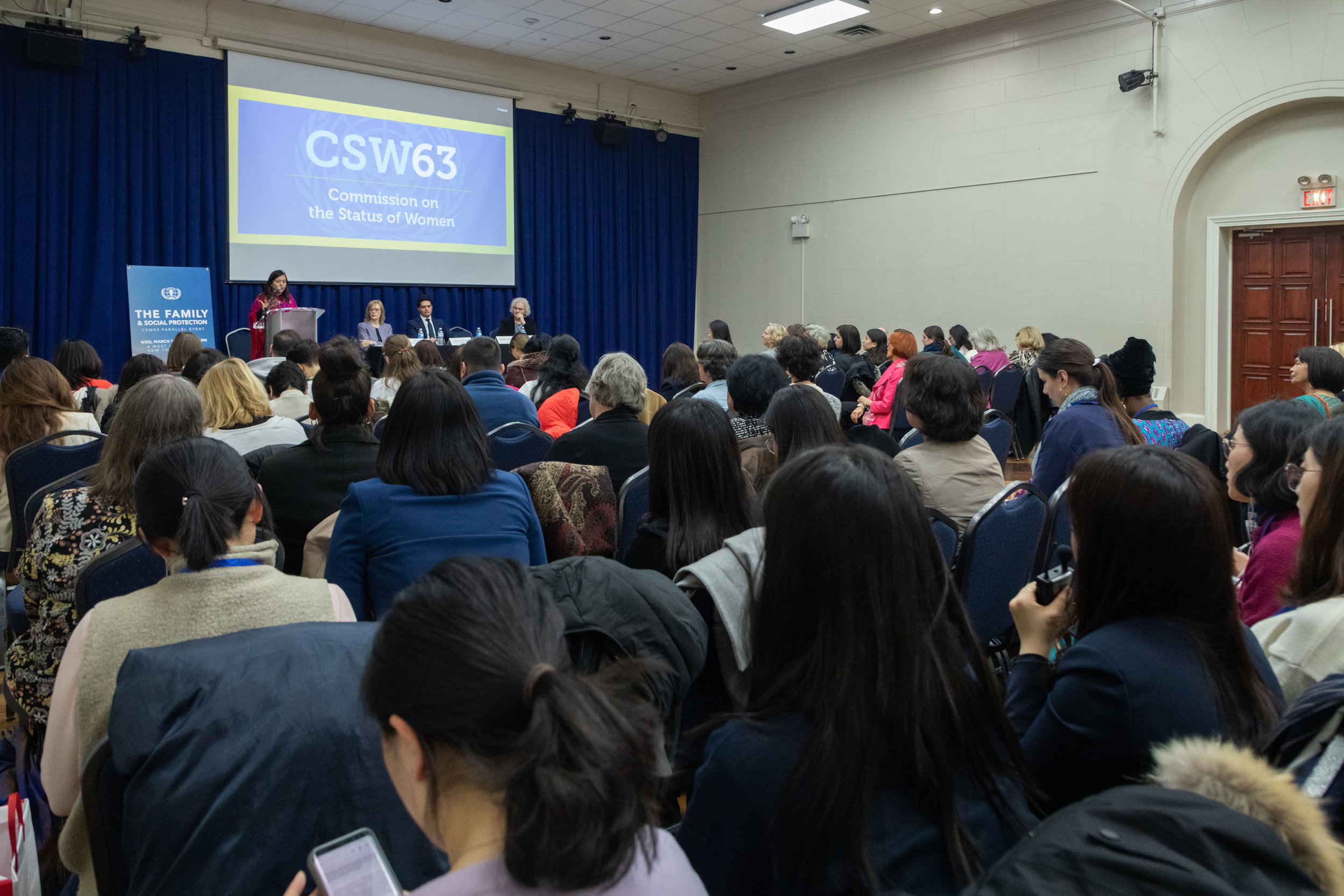
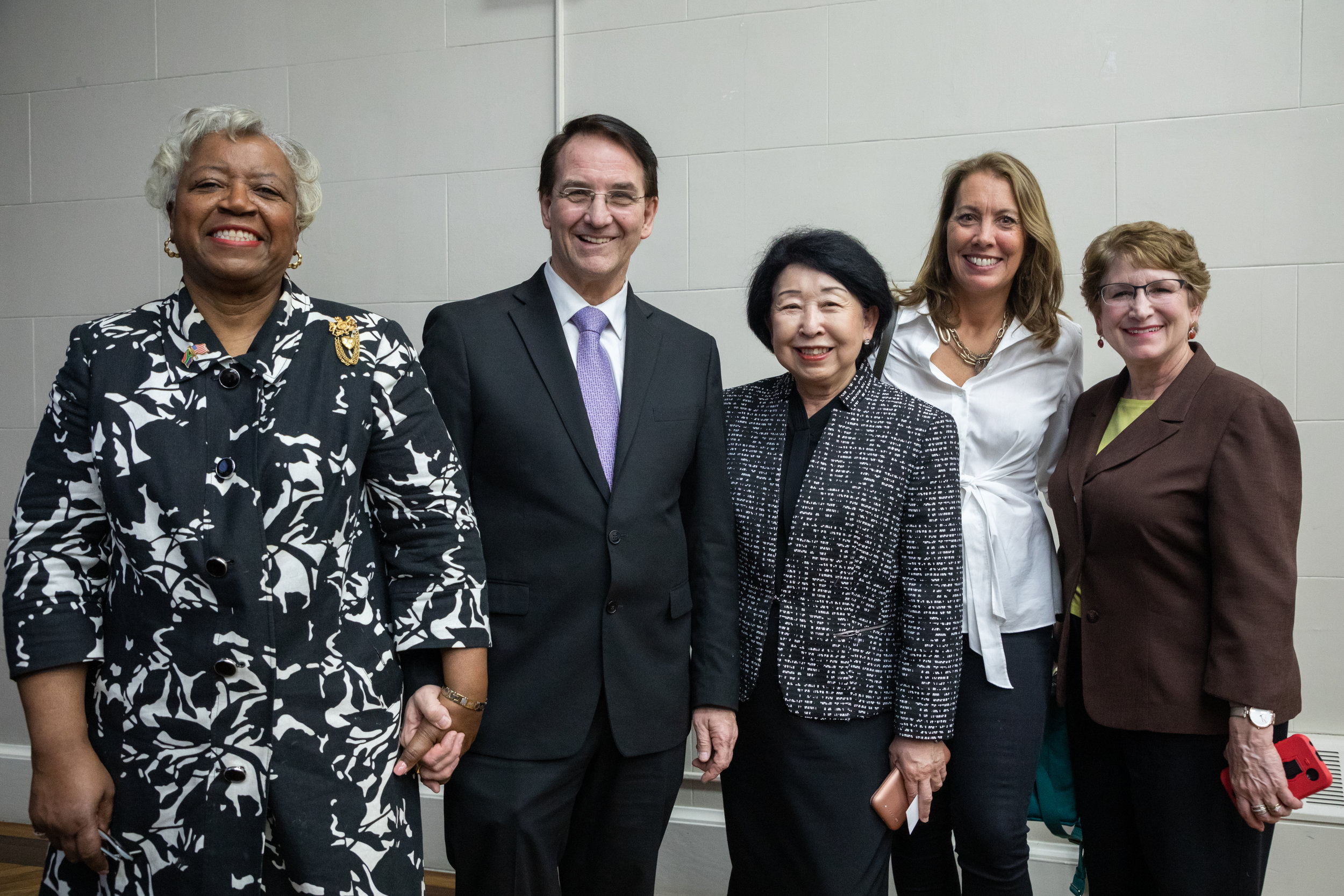
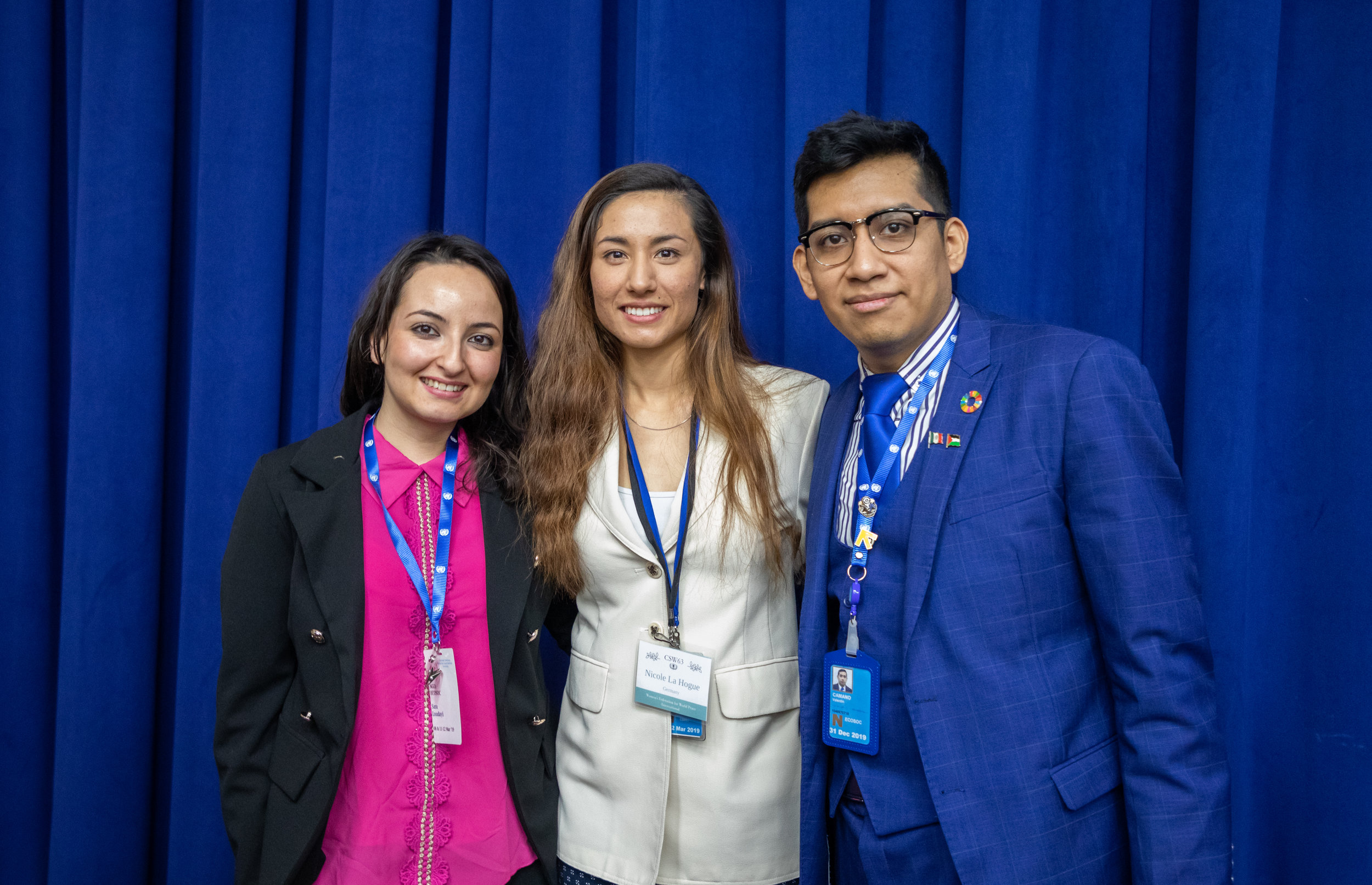
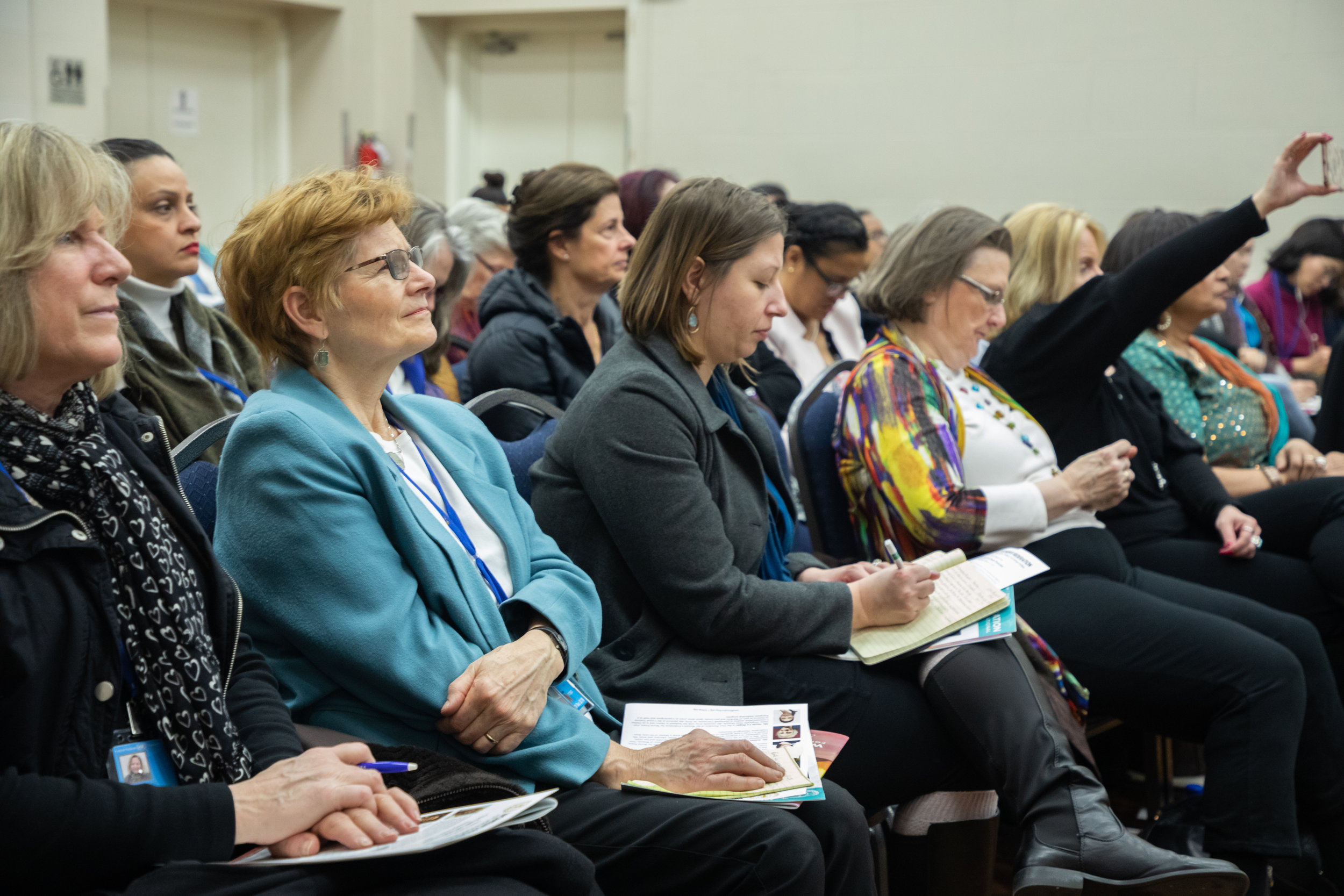
By Srishti Puri and Jeanne Carroll
Ms. Nicole La Hogue
Women’s Federation for World Peace International sponsored a parallel event on Wednesday, March 13 held at 4 West 43rd Street in New York as part of the 63rd Session of the UN Commission on the Status of Women (CSW63), and was attended by 135 guests. With the title “The Family and Social Protection” the speakers addressed the importance of valuing the family as a vital component when establishing and implementing social protection systems. A social protection system (or social security system) consists of all types of social protection schemes and programs within a given country.
The theme provoked some significant questions: Are the policies and programs in place genuine in their aim to socially secure women? Has the impact of these policies been monitored and measured? Have the solutions been adjusted to the recent challenges in different contexts?
Ms. Renata Kaczmarska
The moderator of the panel, Ms. Nicole La Hogue, Vice-President of WFWP Germany, introduced the first speaker, Ms. Renata Kaczmarska, a Social Affairs Officer and the Focal Point on the Family in the Division for Inclusive Social Development in the Department of Social and Economic Affairs (DESA) at the United Nations Secretariat in New York. As an expert in the field, Ms. Kaczmarska referred to six Sustainable Development Goals (SDGs) which address the family; SDG 1 - no poverty, SDG 3 - good health and well-being, SDG 4 - quality education, SDG 5 - gender equality, SDG 8 - decent work and economic growth, and SDG 10 - reduce inequality. She stressed that while “only 45 percent of the global population is being effectively protected by at least one social protection benefit, with only 25 percent of households having access to cash benefits,” targeted cash reimbursements for families can be effective in providing health, education and employment support. She also stressed that social protections work best when services are available and that family-oriented targets have a spillover effect on the larger society. Ms. Kaczmarska concluded by emphasizing how “many of the SDGs cannot be achieved as stand-alone approaches focusing on individuals without the recognition of families.”
Mr. Alex Vazquez
Mr. Alex Vazquez, the representative of the International Federation for Family Development to the United Nations, gave an informative presentation concerning reports and resolutions recently made by the United Nations in addressing social protection and the family. He also focused on the issue of unpaid domestic labor, stressing that in most of the world women put in at least 10 percent of the hours in a day involved in unpaid labor, with many countries accounting 20-25 percent or more of the day for such work. This can prevent them from finding suitable work outside the home. Although men account for some unpaid labor, women are disproportionately affected by financial loss associated with it. Mr. Vazquez concluded by stressing the need for further research on the impact of policies on the family and recommended that cost effective social protection policies and programs be developed with the family perspective in mind.
Ms. Shova Gyawali
Ms. Shova Gyawali, Director of Nepal Republic Media, spoke of her efforts to provide social protections for vulnerable groups and individuals. She emphasized the responsibility of the media to expose corruption and to safeguard democracy. In addition, she noted how Nepal is being re-built by the younger generation and how this highlights the responsibility of the media to advocate for a strong family value system to accompany these developments. In her words, “a good, healthy and prosperous family is the key to happiness and success.” Ms. Gyawali is also the Vice President of the Federation of Women Entrepreneurs’ Association of Nepal (FWEAN). This organization seeks to redefine the perspective of women entrepreneurship from economic growth and poverty alleviation towards participation of women at all levels in the socio-economic sectors. From this perspective, Ms. Gyawali also stressed the importance of having a greater integration of women in all aspects of society to accelerate growth in the region.
Ms. Jeanne Carroll
As the final panelist, Mrs. Jeanne Carroll spoke passionately as a strong advocate for the family as the most basic unit of society, based on her career as a teacher, administrator, writer and lecturer. Her work representing Women’s Federation for World Peace, International at the United Nations has shown her first-hand how the family as a unit is seldom mentioned in policy development. In order for the needs of the most vulnerable—the sick, the disabled, the elderly and the child—to be met, members of the immediate family must be able to access services. In addition, Mrs. Carroll spoke of the family as a natural bridge between a majority of social services and its implementation in the community. Therefore, she concluded, the family unit is vital to the administration of social protections.
WFWPI expresses its appreciation to the speakers and those who attended the event, and is pleased to have made a valuable contribution to the important topic of social protection during CSW63.





